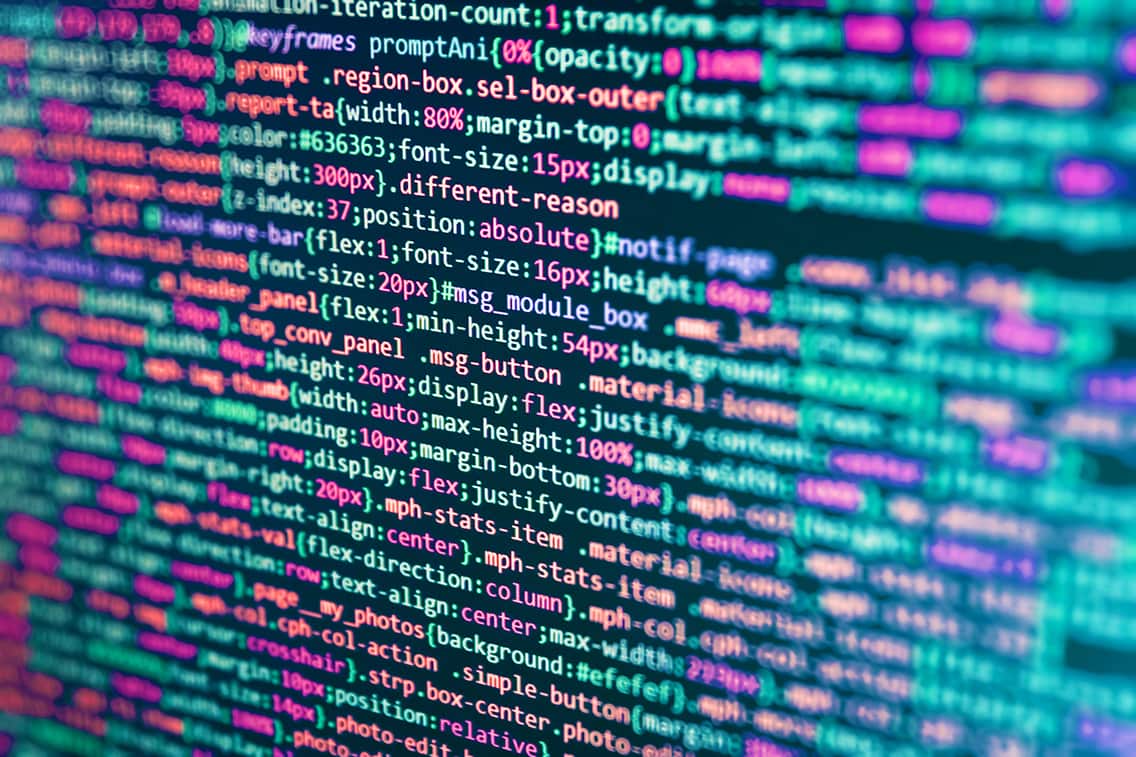
Not all superheroes wear capes, but most of them bring justice even when they’re off the clock. Take Erin McKean, for example.
By day she’s a developer advocate for IBM. By night she’s a geographer of the world of words, running the largest online English dictionary: Wordnik.
I caught up with Erin about her double life, the intersection of technology and words, and whether robots are actually taking our jobs.
How does your love of words fit in with your job at a tech company?
I started my career editing dictionaries. Then, when I was running Wordnik, I worked with such great technologists that a lot of the tech side of building an online dictionary rubbed off on me.
The kind of programming that I was doing just got more and more involved, and what IBM really looks for in a developer advocate is someone who has hands-on experience with technology, along with the writing and speaking skills required to tell people what they need to know about it.
A lot of people think you can only be good at either STEM or humanities. What made you feel like you could pursue both?
Dictionaries are basically databases. Even from my very first dictionary job, there was always programming involved. You just can’t deal with that much data by hand.
But I feel that people who love precision in writing should also love coding, because that is precision in writing taken to the Nth degree.
There are certain kinds of errors in coding called syntax errors, but you could also call them grammatical errors — they’re nearly the same thing.
What’s the story behind Wordnik?
The goal is to collect every single existing word of English, find out something about it and share it with everyone. Wordnik began as a venture-backed startup, but its mission and long timeline are more suited to the nonprofit world, so we became a 501(c)(3). We now have the luxury of not having to generate a huge return for investors, and can instead concentrate of just making the site a little better every day.
It would be lovely if Wordnik made more money so that we could find more words, but most dictionary projects outlive the people who start them. The fact that it’s operational and people are using it every day makes me luckier than most lexicographers who have ever lived.
Do you think our vocabularies have gotten smaller, larger or the same, as a person who’s tracking all the words?
I think we have access to more vocabularies than ever before. If you were a teenager growing up pre-internet, and you were very interested in skateboarding but there weren’t a lot of skateboarders around you, how would you have access to the jargon of skateboarding? Sure, you could have gotten a subscription to Thrasher Magazine, if your parents were indulgent.
However, today you could find a dozen online communities and videos of skateboarders — and speak fluent skateboard-ese before you even touch a skateboard.
The other thing is that people should not be afraid to be active producers of language instead of passive consumers of words. Sometimes people think that they’re just limited to the crayons that already exist in the box.
But no, everybody has a voting share in the English language. If the word doesn’t exist for what you need … make it. And then send it to me. https://embed.ted.com/talks/erin_mckean_go_ahead_make_up_new_words
What do you think about other online tools that help us write — things like Grammarly or plug-ins?
I’m deeply, deeply skeptical of anything that says “Install this plug-in and I will give you a quantitative score.” A lot of people think a bad rule is better than no rule.
And I wish people would prioritize the opportunity to be interesting over the certainty of not being wrong. Even these correctors don’t give you that certainty — because it’s entirely possible to write text that passes all these checks and is still clunky and unclear.
How much are you watching AI-generated prose? What impact do the robots have on our writing?
I think it’s fascinating, but a lot of this generated text is based on models.
And so it’s hard for it to be truly creative, because what it’s doing is basically taking everything, shaking it up and pulling something out of the mixture. All the elements in the output have to be in the input somewhere. That leaves a lot of space for people to be more innovative.
Oh, good. There’s still use for us.
Yeah. I don’t think we’ll be obsolete anytime soon.






